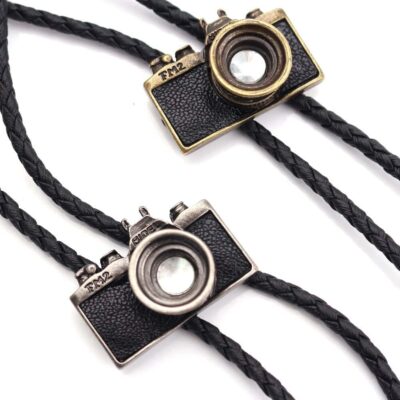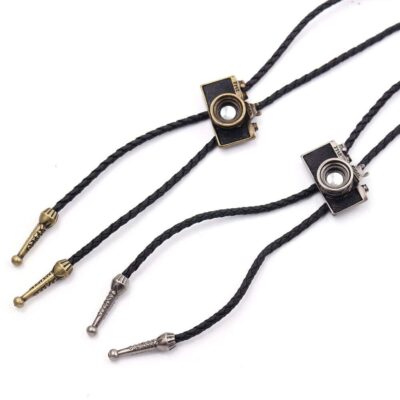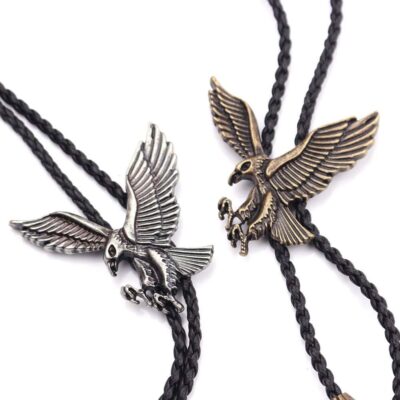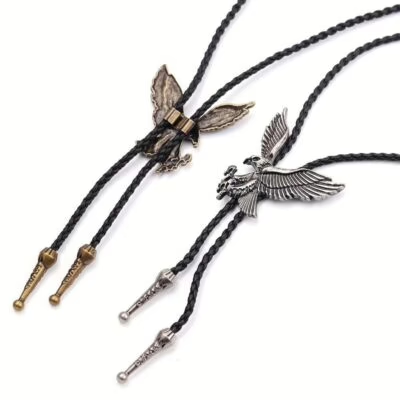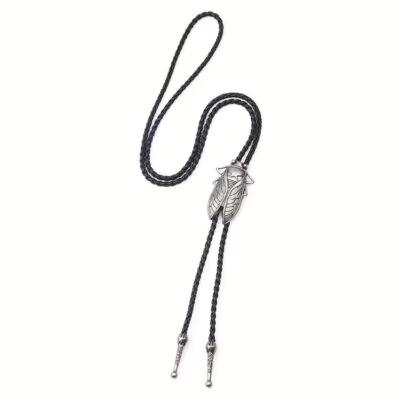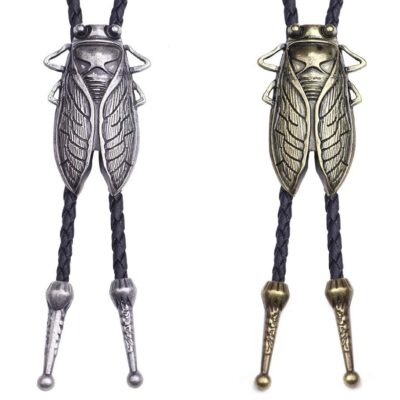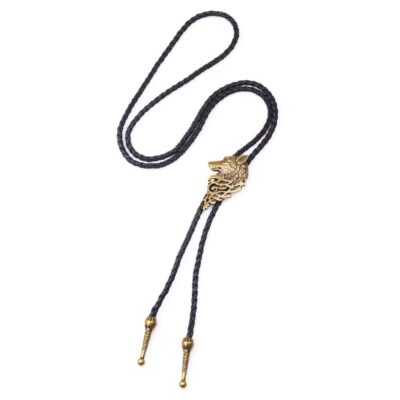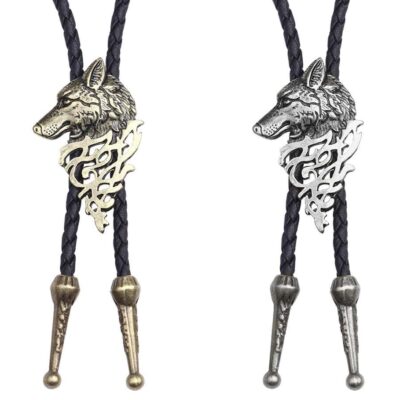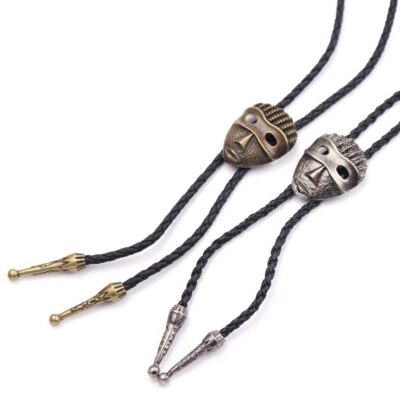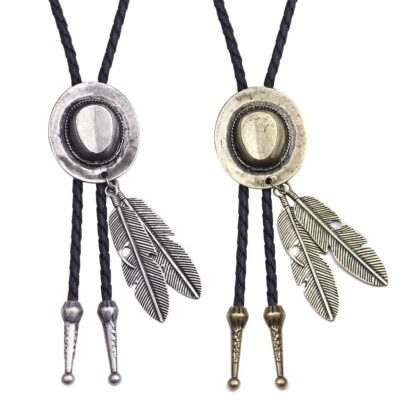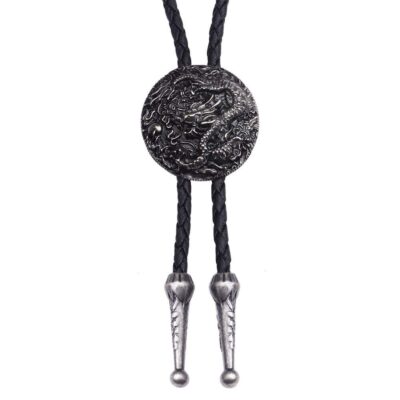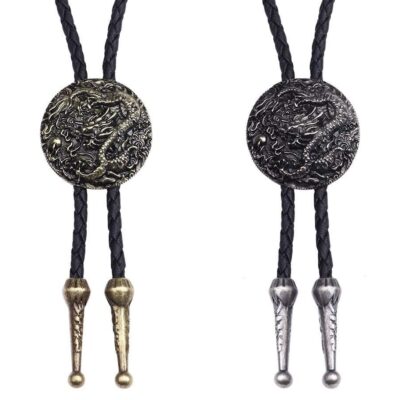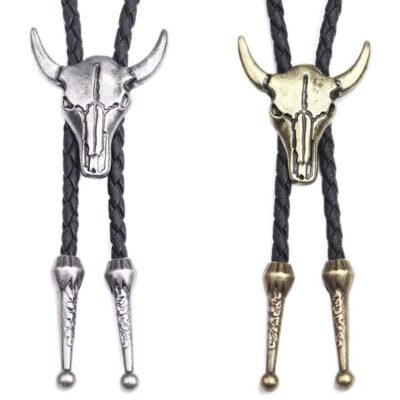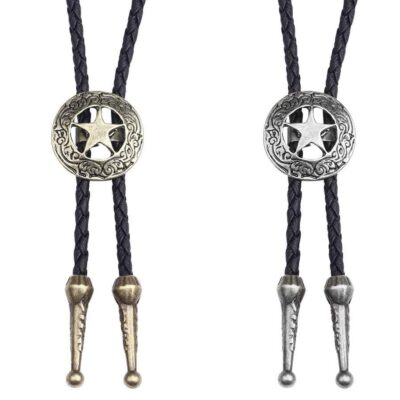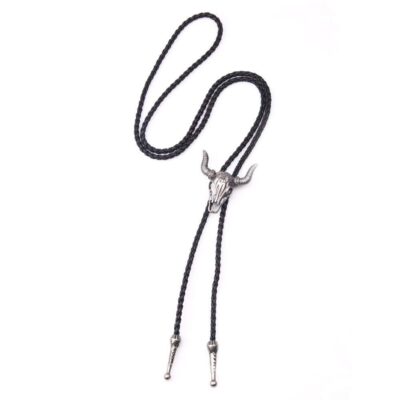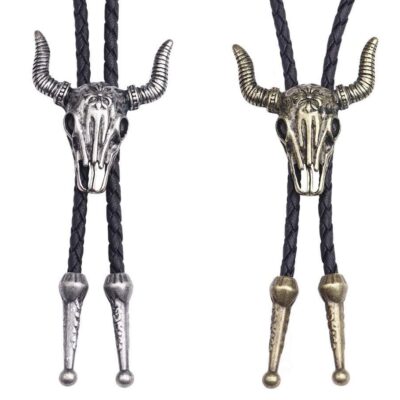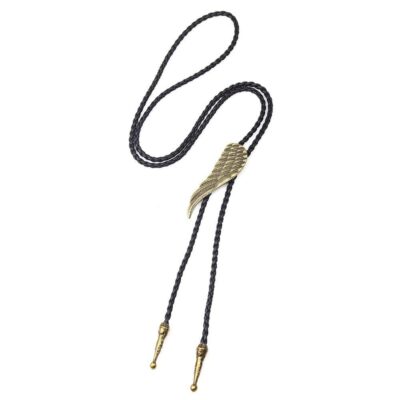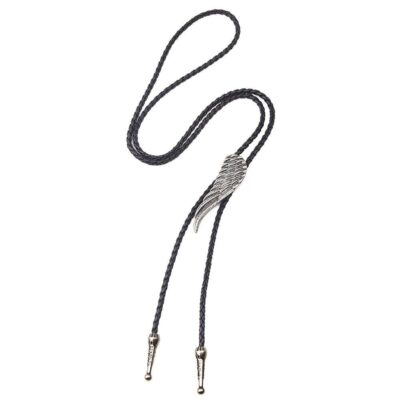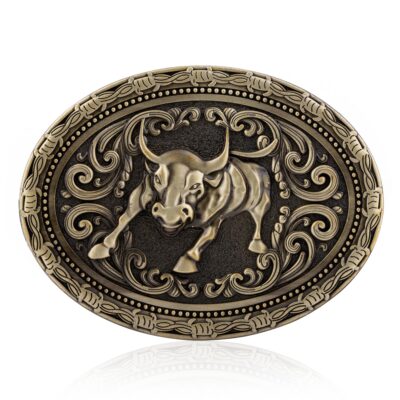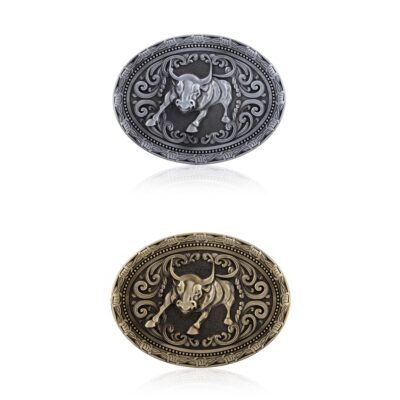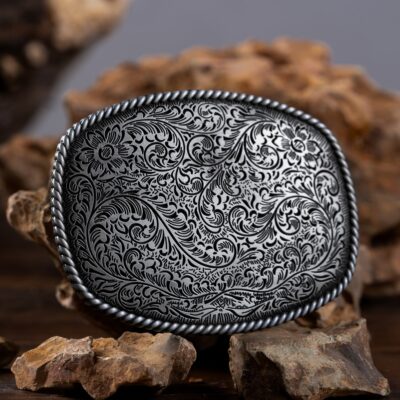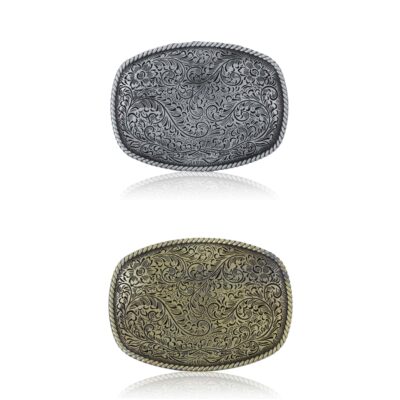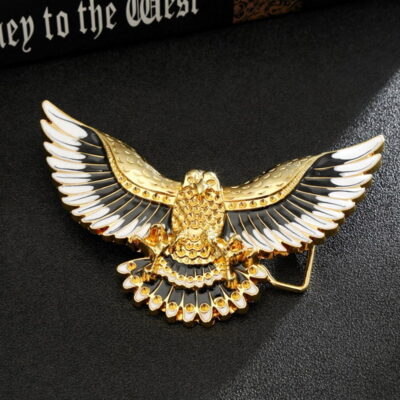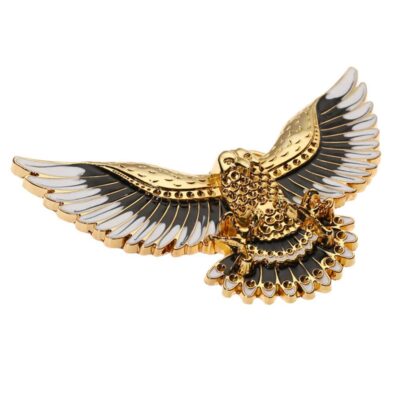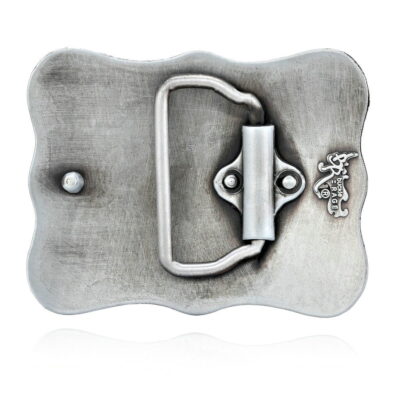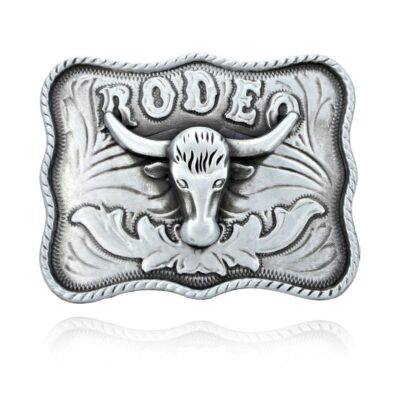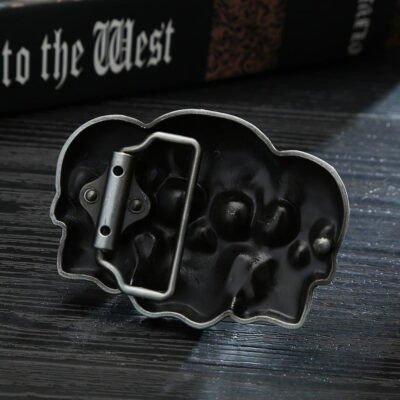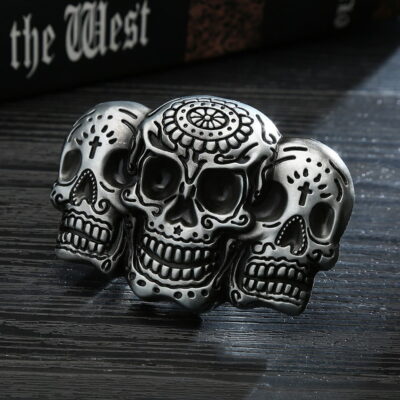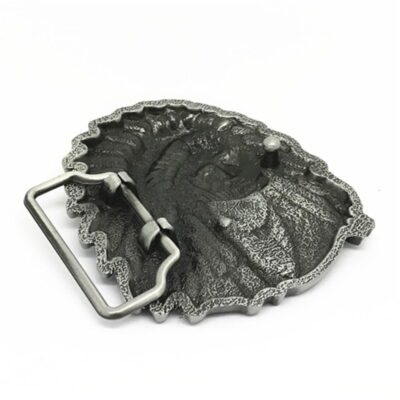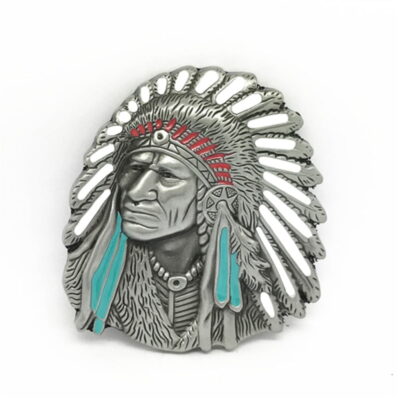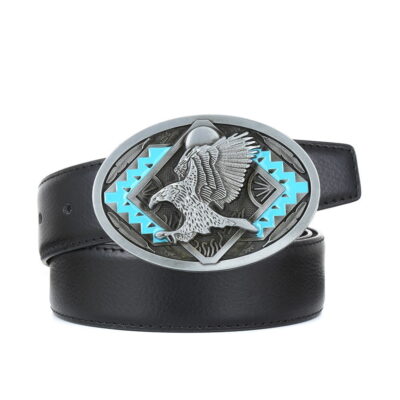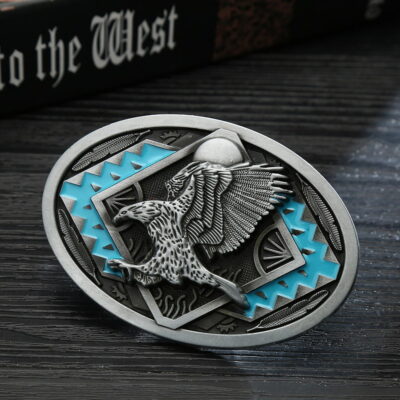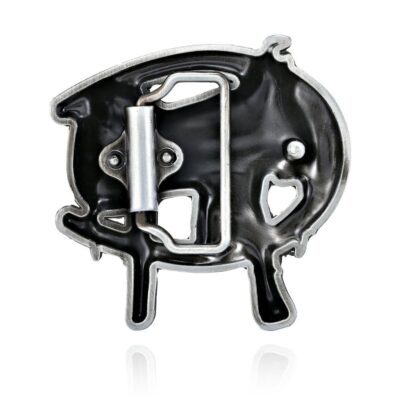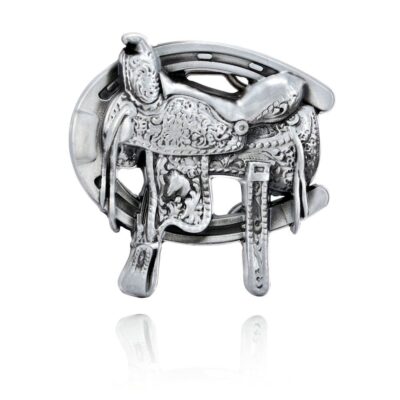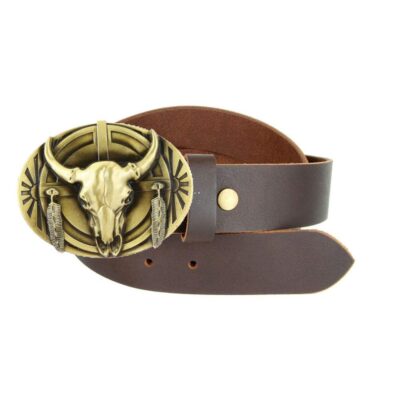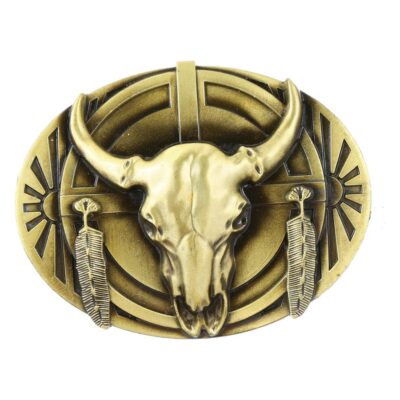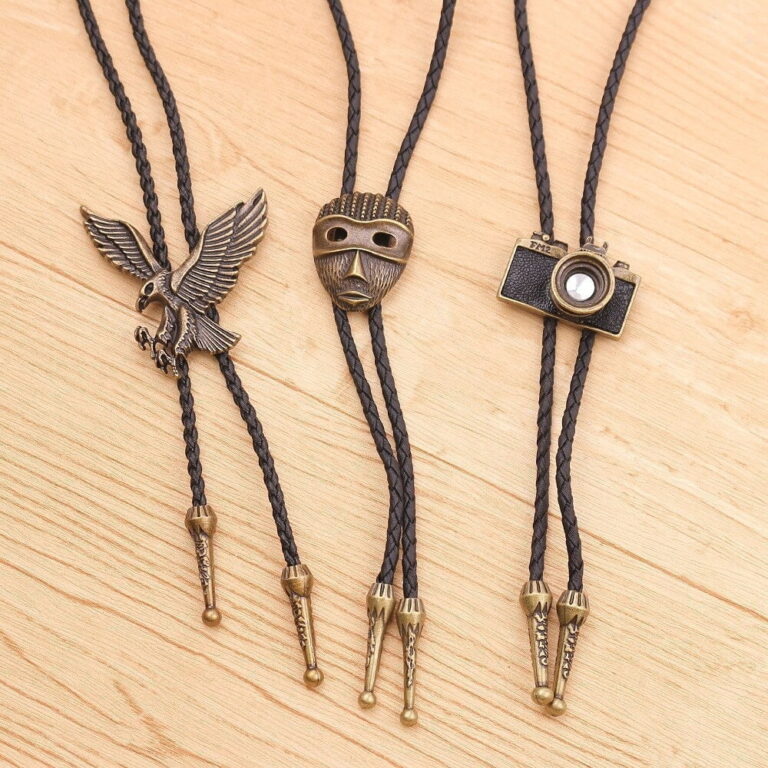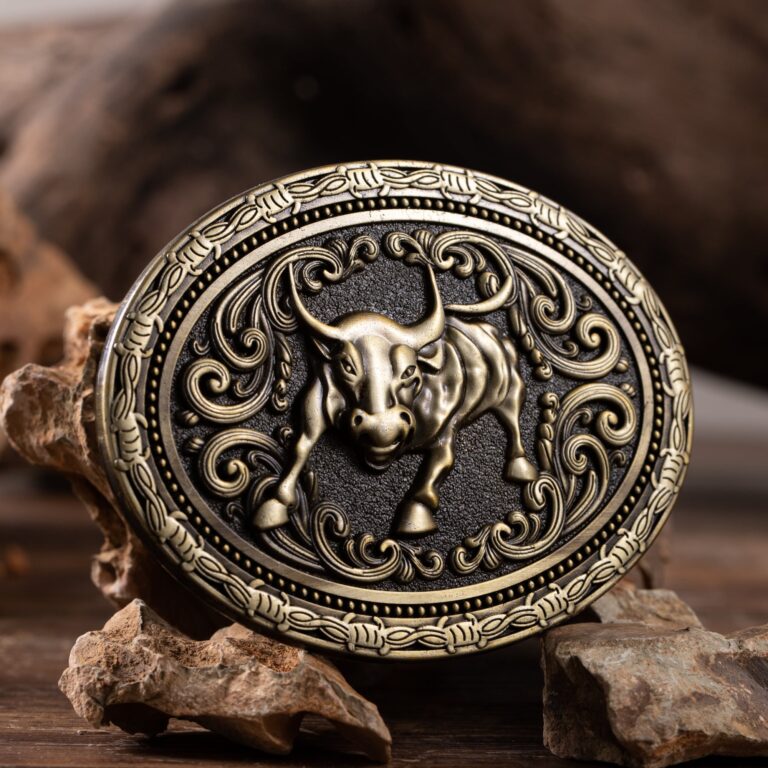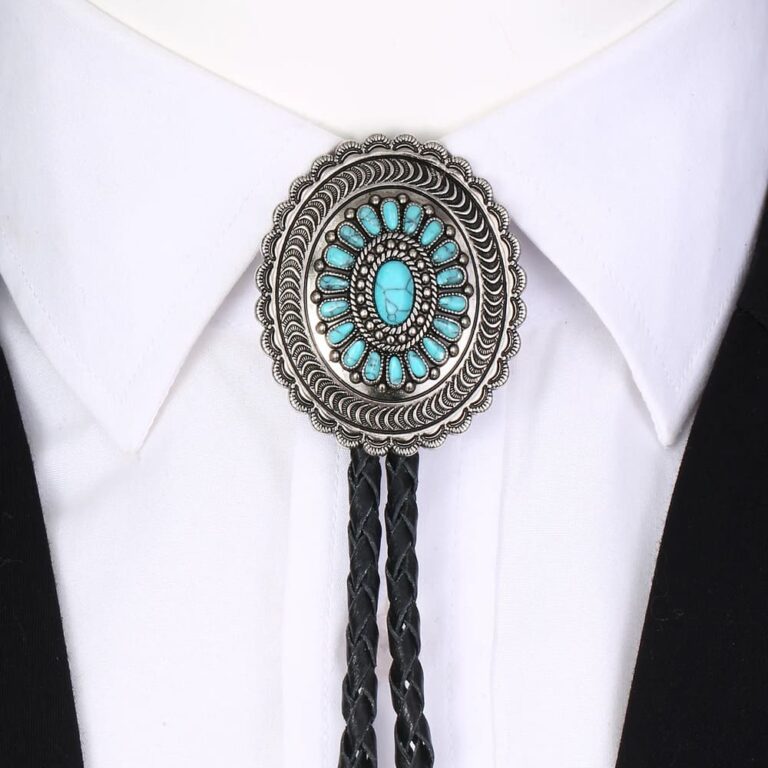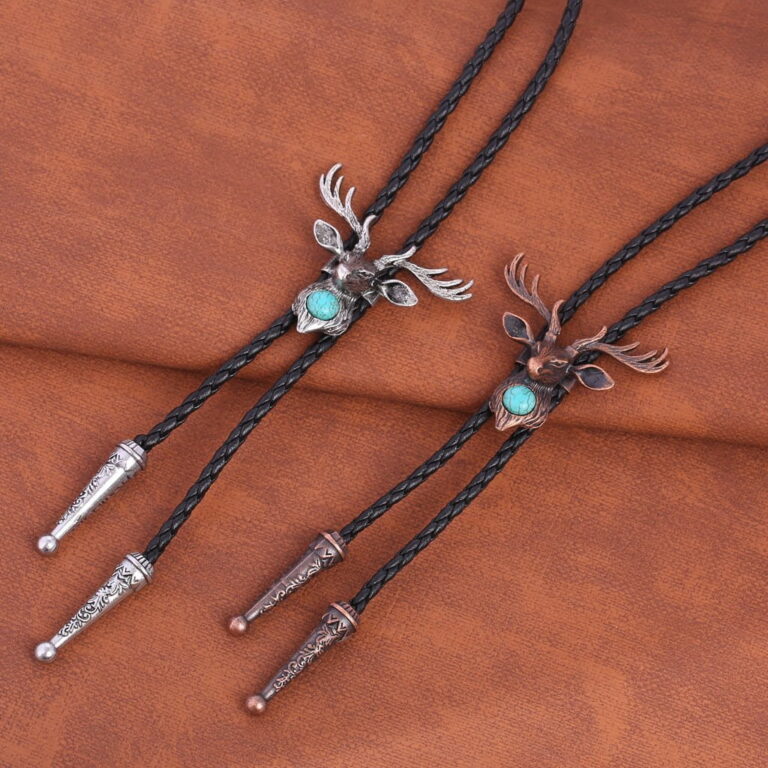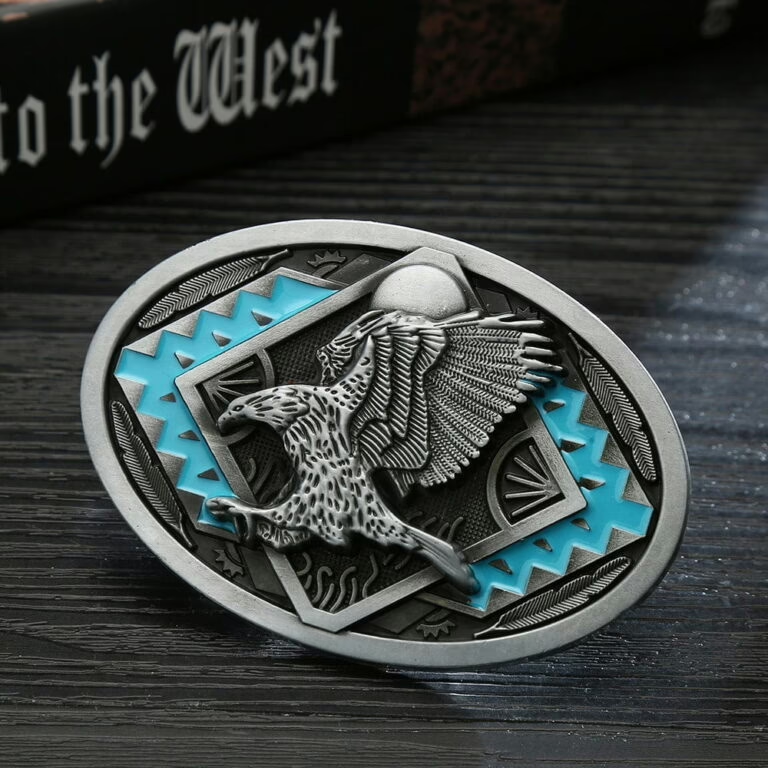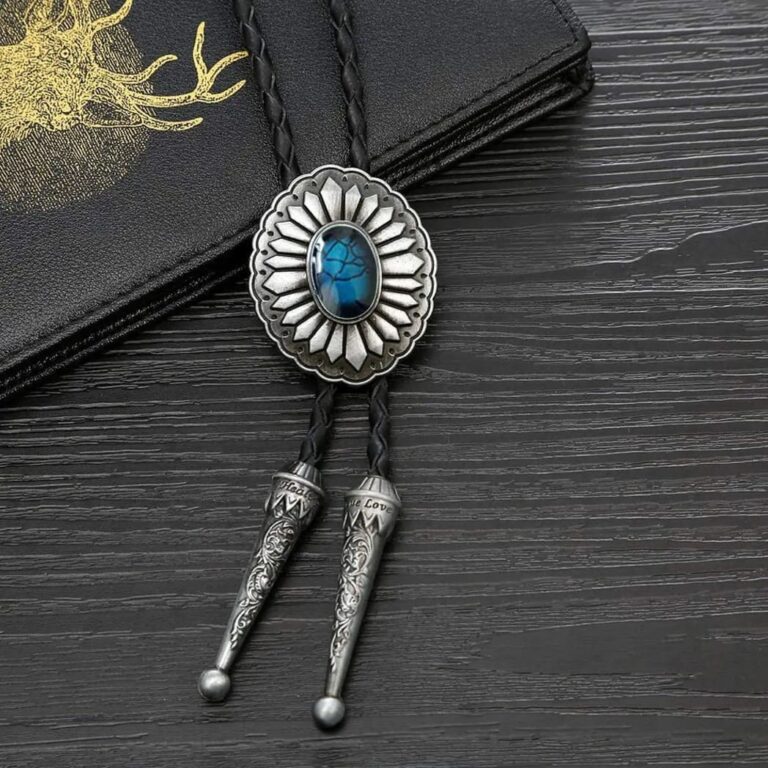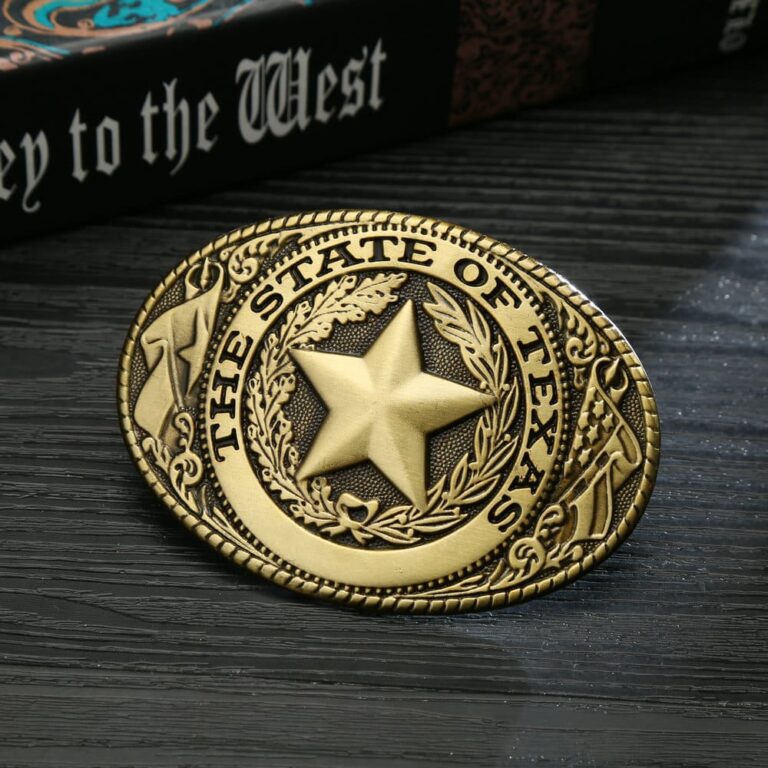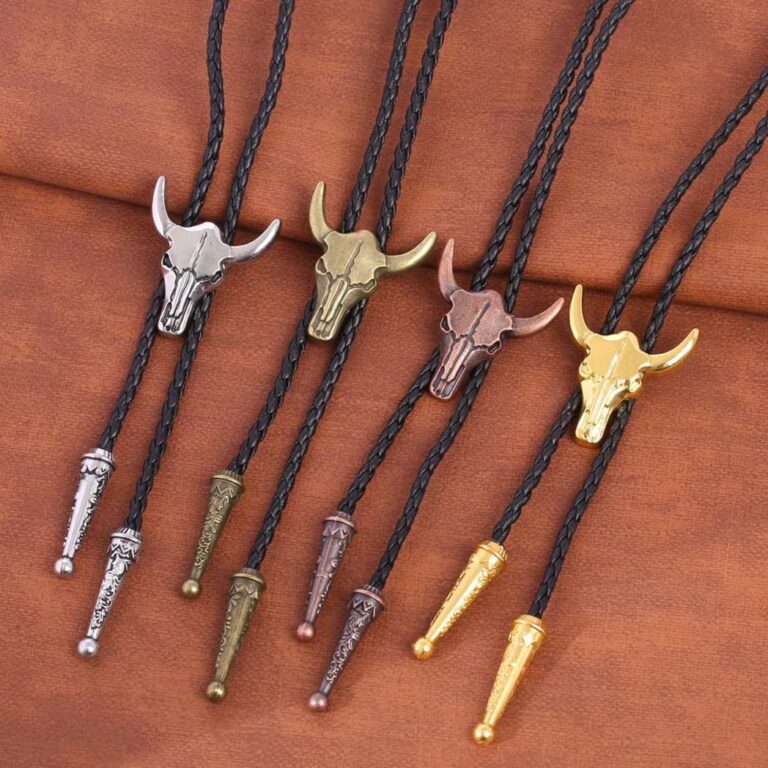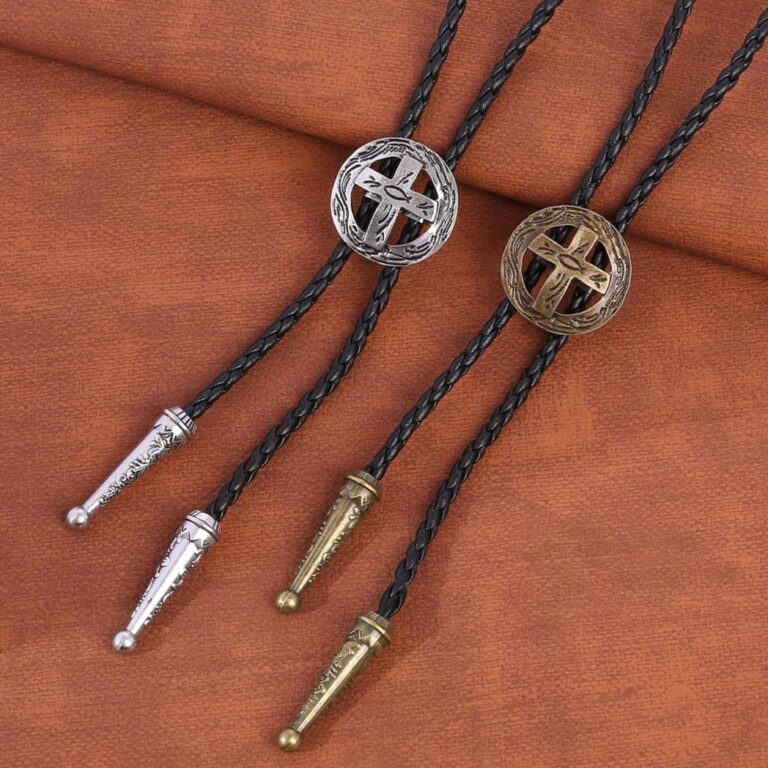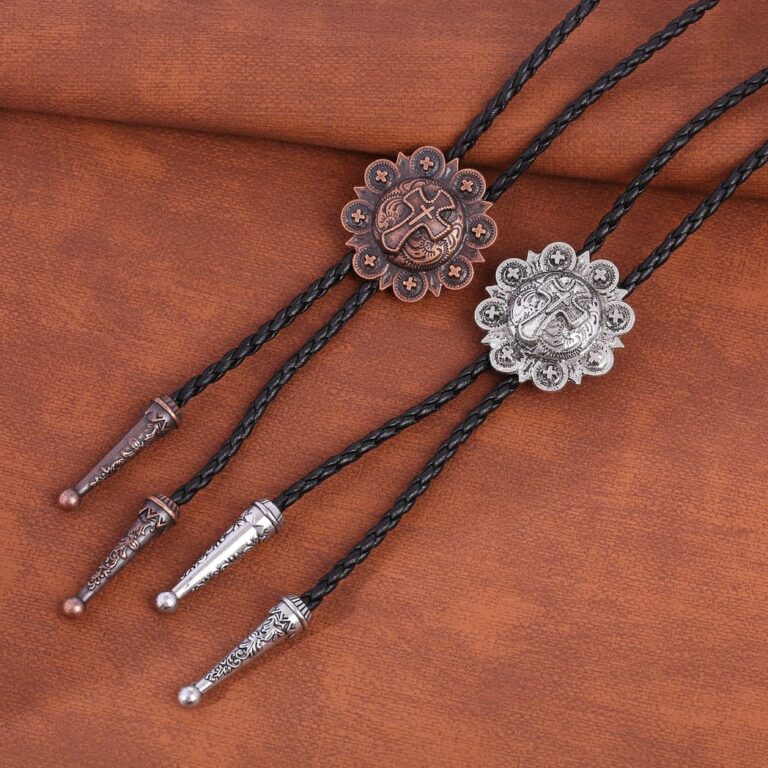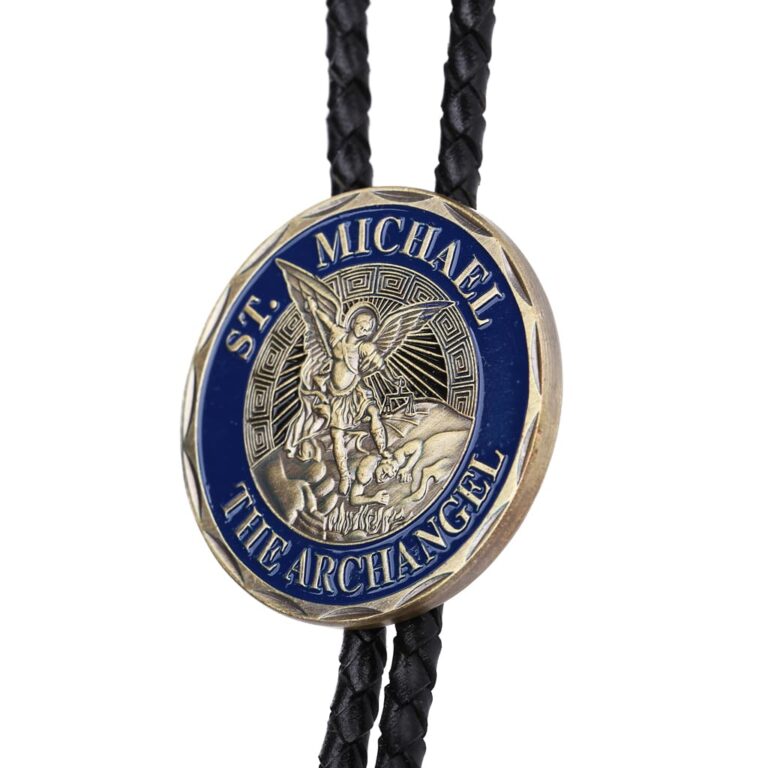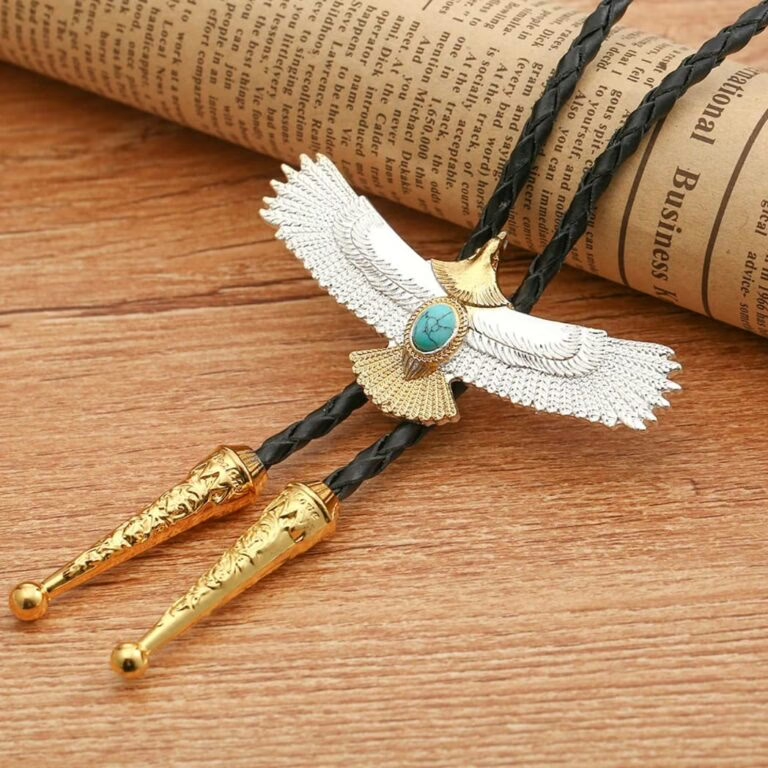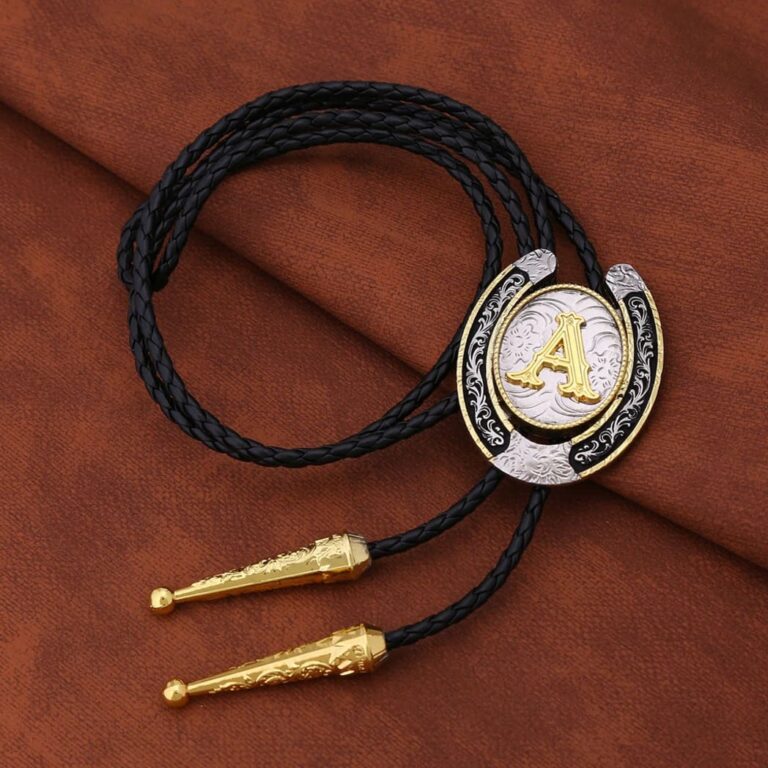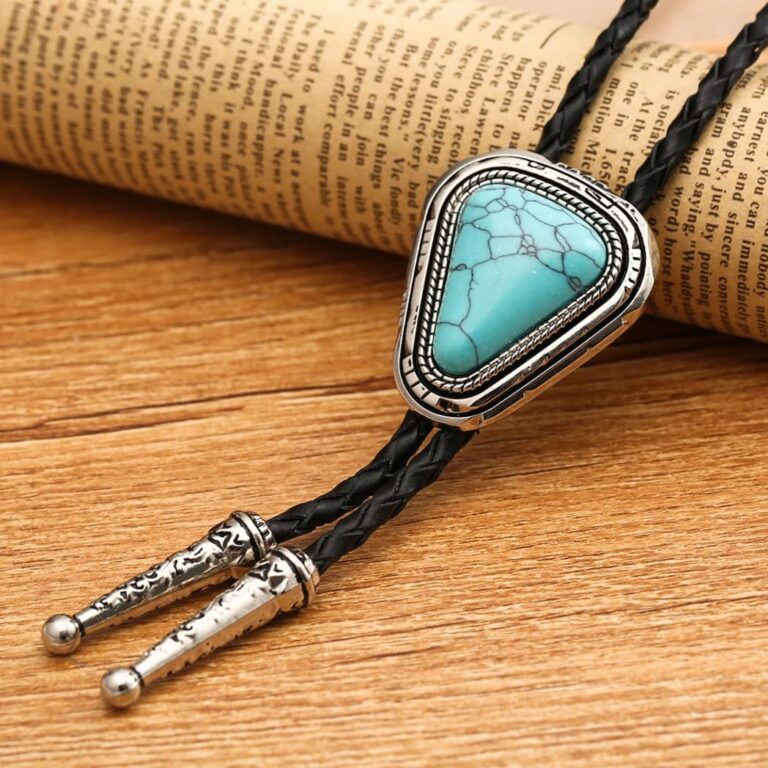Bolo Ties in Rodeo Culture: Tradition, Style, and Symbolism
Bolo ties are more than just a fashion statement; they represent a blend of Western heritage, personal expression, and pride. This unique neckwear, often associated with Southwestern style, has deep-rooted connections to rodeo culture. From the dusty arenas to stylish formal settings, bolo ties are a versatile and symbolic accessory in the rodeo world.
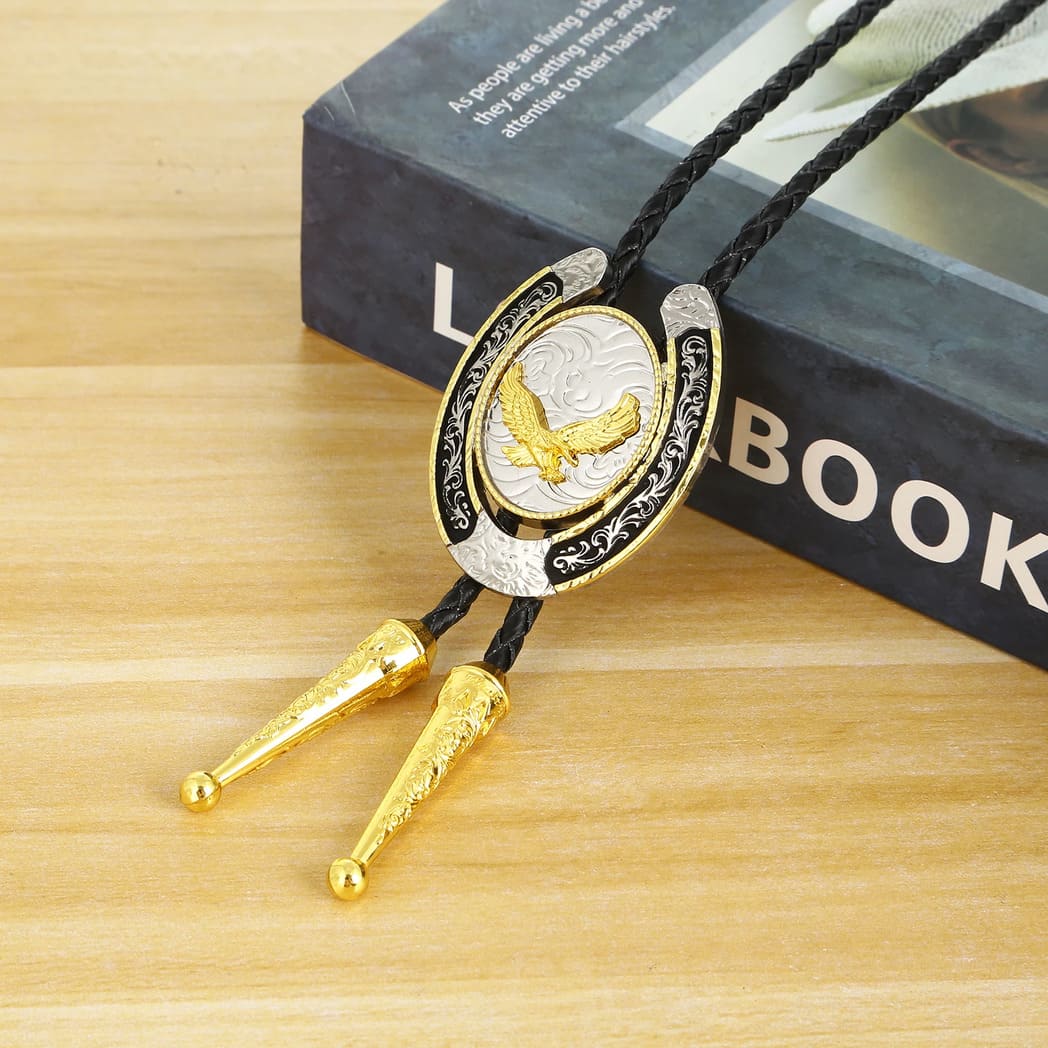
The Cultural Significance of Bolo Ties in Rodeo
The rodeo is a symbol of the Western lifestyle—a celebration of cowboys, cattle, and competition. At the heart of this world is the bolo tie, an accessory that represents not only Western style but the rugged individualism of those who live by rodeo traditions. Bolo ties are worn by cowboys and rodeo participants alike, making them an integral part of rodeo fashion and culture.
Origins of the Bolo Tie in Rodeo Culture
The history of bolo ties dates back to the early 20th century, as highlighted in the history of bolo ties. Initially seen as a practical way to fasten a shirt collar in the Southwestern heat, bolo ties quickly gained popularity in rodeo circuits due to their distinctive look and easy functionality. With their adjustable clasps, bolo ties became a practical accessory that didn’t sacrifice comfort during long days of riding or competing.
Rodeo Fashion: Why Bolo Ties Stand Out
Unlike traditional neckties or bow ties, bolo ties embody the free-spirited nature of the rodeo lifestyle. With their rustic charm and customizable designs, bolo ties offer a personal touch, often reflecting the wearer’s personality. From animal bolo ties that feature striking designs of horses, bulls, and eagles, to gemstone bolo ties adorned with turquoise and onyx, these ties bring a touch of flair to any rodeo outfit.
For those looking to make a bold statement, skull bolo ties or turquoise bolo ties can enhance the overall look, paying homage to both Western folklore and Native American influences that run deep within rodeo culture.
Rodeo Competitors and Bolo Ties: A Badge of Honor
For rodeo competitors, the bolo tie can serve as more than just an accessory. It can be a badge of honor. After a victory or a notable competition, rodeo participants often receive custom bolo ties. These ties might feature personalized bolo ties engraved with their achievements or religious bolo ties to showcase their faith.
Bolo Ties as Rodeo Awards
Rodeo competitions often award the best of the best with rodeo belt buckles and bolo ties. These award ties are highly coveted, as they represent hard-earned accomplishments in a sport where skill, endurance, and bravery reign supreme. Many of these ties are made with precious metals and intricate designs, turning them into valuable keepsakes.
For a more personal touch, recipients may opt for Native American bolo ties, which often feature detailed silverwork and turquoise—a nod to the Indigenous cultures that have shaped much of Western wear.
How to Style a Bolo Tie in Rodeo Settings
One of the reasons bolo ties have remained popular in rodeo culture is their versatility. Whether you’re dressing for a formal rodeo banquet or the competition arena, bolo ties add a unique element to any look. Here are some tips on how to style them:
- Casual Rodeo Days: Pair a simple leather cord animal bolo tie with a Western shirt and a cowboy belt buckle for a laid-back yet stylish look.
- Formal Rodeo Banquets: Opt for a gemstone bolo tie like a turquoise bolo tie to complement your tailored suit. This nods to the Southwest while keeping a polished appearance.
- Religious Ceremonies or Events: Christian bolo ties or Catholic bolo ties adorned with cross motifs offer a meaningful, subtle touch for special occasions.
The Modern Appeal of Bolo Ties Beyond Rodeo
In recent years, the bolo tie has seen a resurgence outside the rodeo world. Celebrities and fashion icons alike have embraced the bolo tie’s timeless style, bringing it into mainstream culture. But within rodeo culture, bolo ties continue to carry their symbolic weight, connecting wearers to the rugged Western traditions that shaped them.
Whether you’re attending a rodeo, heading to a wedding, or simply looking to honor the Western spirit, there’s a bolo tie for every occasion. With styles ranging from wedding bolo ties to personalized bolo ties, it’s clear that this accessory has more to offer than just aesthetics—it tells a story.
Frequently Asked Questions About Bolo Ties in Rodeo Culture
Q: Are bolo ties accepted in formal rodeo events?
A: Yes, bolo ties are not only accepted but celebrated in formal rodeo events. They are often worn as a stylish alternative to traditional neckties and bow ties, especially when paired with Western cowboy accessories.
Q: Can women wear bolo ties in rodeo culture?
A: Absolutely! Bolo ties are a unisex accessory. Many women in rodeo culture choose to wear women’s bolo ties, which come in a variety of designs and sizes to suit their personal style.
Q: Where can I buy authentic bolo ties?
A: You can find a wide selection of bolo ties, including Native American bolo ties, animal bolo ties, and gemstone bolo ties at Outlaws Revenge, a retailer specializing in Western accessories.
Q: How do I choose the right bolo tie for a rodeo event?
A: When choosing a bolo tie for a rodeo event, consider the formality of the occasion. For casual events, animal bolo ties or turquoise bolo ties are a great option. For more formal gatherings, opt for gemstone or religious bolo ties for a more refined look.
The Connection Between Bolo Ties and Rodeo Culture
In conclusion, bolo ties continue to be a symbol of pride, heritage, and individuality in rodeo culture. Whether worn by a seasoned cowboy or a rodeo fan, these ties tell a story of Western tradition, craftsmanship, and personal expression. If you’re looking to embrace the spirit of rodeo, explore the wide variety of bolo ties available and find the perfect piece to express your style.
Looking to learn more about the roots of bolo ties? Check out the History of Bolo Ties for a deeper dive into their origin and cultural significance.

